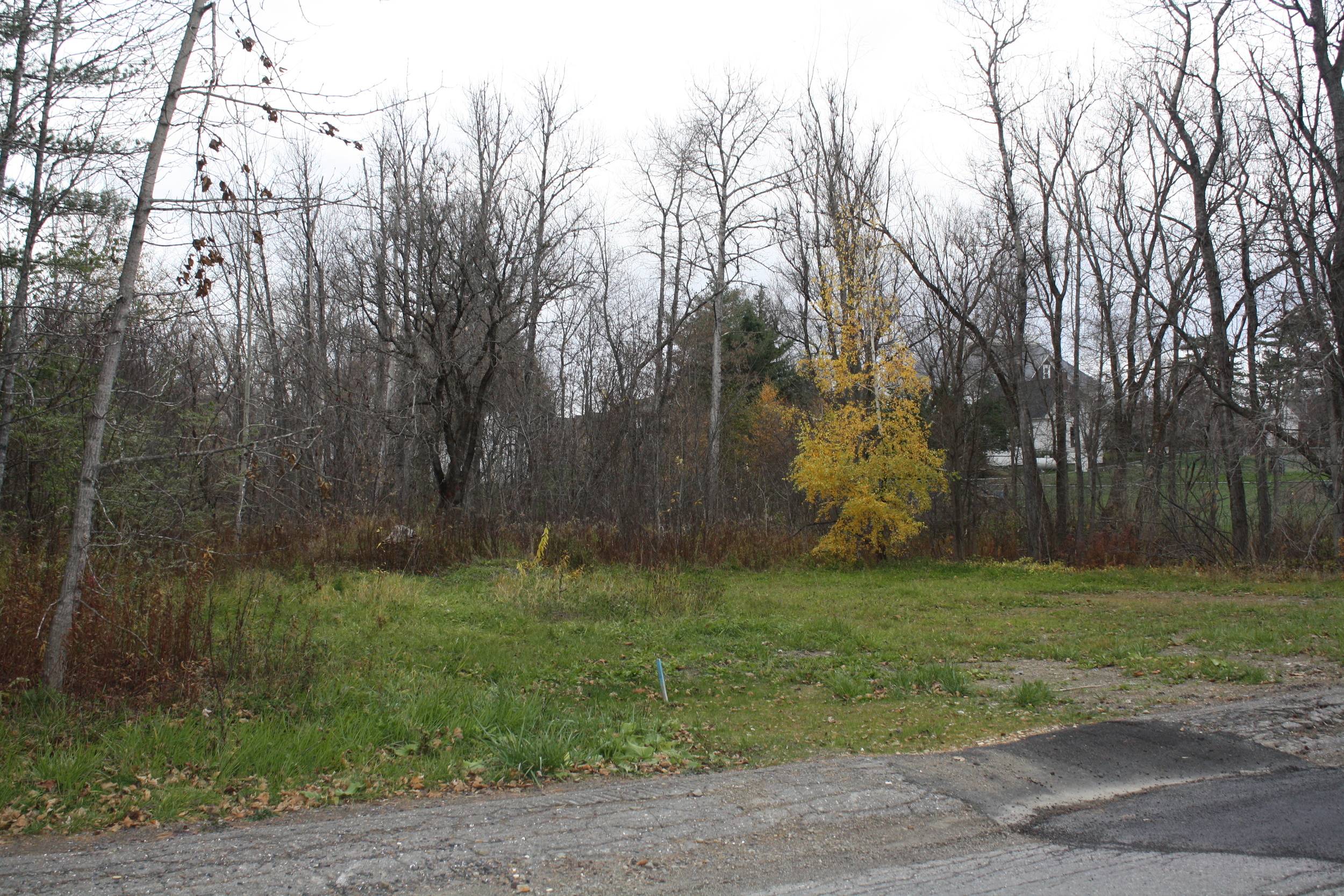
CARIBOU, Maine — The trend of building tiny houses might soon be headed to Caribou, thanks to recent action taken by the city council.
On Monday, councilors unanimously approved Caribou resident Dale Johnson’s purchase of land at 16 Sincock St.
“I have no problem with [Johnson] purchasing the land,” deputy mayor Thomas Ayer said during the council’s brief discussion of the property.
Johnson has expressed interest in building a tiny house on the .38-acre property, which was previously occupied by an apartment unit. The city demolished the apartment building after a fire caused significant damage.
The city has been trying to sell the property since 2019, one year after the land was placed on the tax-acquired property list. Officials lowered the initial minimum bid request of $3,575 to $2,600, then $2,500, after the property failed to sell.
Though Johnson initially presented a check of $2,500 to the city in October, councilors requested that the city provide more information on tiny house zoning laws before they approved the purchase.
Currently Caribou’s zoning regulations do not specify actions regarding tiny houses. The city instead subscribes to the Maine Uniform Building and Energy Code, which contains the state statute regarding tiny house construction.
The Sincock Street property is situated within a residential zoning district, according to code enforcement officer Ken Murchison. This means that a tiny house built there would have to have a permanent foundation rather than exist on wheels, which would make the house a mobile home. In Caribou, mobile homes are not allowed within residential zones.
“A tiny house built in place is treated like a regular home. It’s subject to the same building rules,” Murchison said.
While Johnson did not detail specific building plans during the council meeting, she expressed willingness to obtain the appropriate building permits and work with the city’s code enforcement office and building officials.
Murchison noted that the city has not seen a high demand for tiny home construction. But he expects that the planning board might begin discussions soon on how the city might establish its own zoning rules.
“It would make the process more streamlined and give more transparency when defining what we could do with tiny homes,” Murchison said.
Maine law LD 1530, passed in April 2021, “allows municipalities to set rules for tiny homes that are less restrictive than state law, allows tiny homes on undeveloped and developed housing lots, allows municipal inspection of certain features of tiny homes and provides for tiny homes to be assessed for property tax purposes after 180 days in certain circumstances.”
Previously, the Sincock Street property had acquired back taxes of $17,843, but councilors voted to abate the difference between that amount and the $2,500 selling price, which came to $15,343.
In other business, the council heard a presentation from Caribou Fire and Ambulance Chief Scott Susi regarding the purchase of new safety vests for paramedics.
The department was able to purchase 16 small ballistics vests thanks to a $9,080 donation from Aroostook Savings and Loan. John Swanberg, president of the bank, had approached Susi after a council meeting, during which Susi had advocated for including the vest purchases with his departmental budget.
Susi said that the opioid epidemic in Aroostook County has led to paramedics responding to more overdose calls, increasing the risk of them potentially finding themselves faced with violence or threats from those under the influence of drugs.
The new vests protect paramedics against potential attacks from handguns, knives or similar weapons, he said.
“It’s very disheartening to know that it has come to putting ballistic vests on paramedics, who work to keep people safe,” Susi said. “But we’re grateful to Aroostook Savings and Loans for allowing us to purchase [the vests] and keep our crew safe.”




